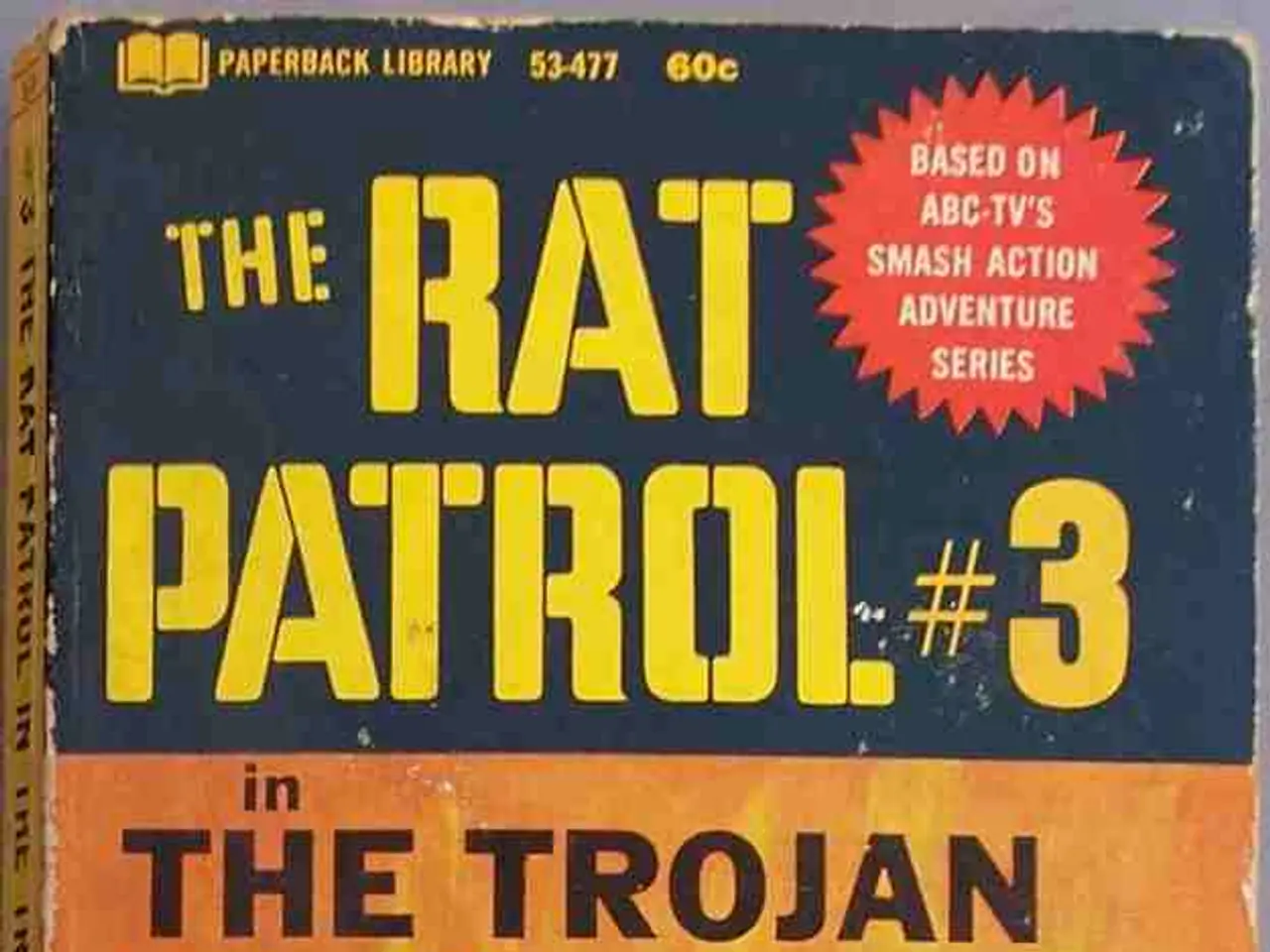Hezbollah asserts that Lebanon's disarmament plan serves Israel's interests; vows to retain weapons, with their leader advising the government against surrendering the country to an Israeli aggressor or an American dictator.
Lebanon is currently grappling with a contentious issue as the government, backed by international pressure, pushes for the disarmament of Hezbollah. The Lebanese militant group, however, vehemently opposes this plan, raising concerns about the country's stability.
In a recent development, Hezbollah's chief, Naim Qassem, accused the Lebanese government of leading the country towards ruin, primarily in reference to the disarmament plan. Qassem maintained that Hezbollah needs to keep its arsenal to defend Lebanon from potential attacks.
The government's phased disarmament plan, aimed at completion by the end of December 2025, includes multiple stages: government approval, cessation of Hezbollah's weapons transfers, Lebanese army access to military facilities, withdrawal of Israeli forces with Lebanese army deployment, full Hezbollah withdrawal south of the Litani River, and dismantlement of Hezbollah's heavy weapons and military infrastructure.
However, Hezbollah's rejection of this plan poses significant risks to Lebanon's stability. The group fears losing its military leverage and political influence, as its armed wing maintains a distinct identity and operational culture that resists integration into the Lebanese Armed Forces (LAF). This disarmament dilemma threatens Hezbollah’s cohesion and could lead to splinter groups or radicalization among fighters. Politically, disarmament would weaken Hezbollah’s coercive power, forcing it to operate solely as a political party, which it resists.
Lebanon's Prime Minister, Nawaf Salam, branded Qassem's remarks as a veiled threat of civil war. Hezbollah and its ally the Amal party, however, have not organised any street protests at this time, but have threatened to do so in the future.
The disarmament of Hezbollah is complicated by Iranian influence, as Hezbollah’s arsenal is effectively controlled by Iran. This adds a geopolitical dimension to the challenge.
The role of UNIFIL in this matter has been criticised as ineffective or even counterproductive, with minimal weapons confiscations and at times allowing Hezbollah fighters to escape during conflicts. Full Lebanese state control south and north of the Litani River remains an objective but a difficult goal due to Hezbollah’s entrenched military and social infrastructure.
In the past, Lebanon has suffered greatly from internal strife. The country experienced one of the 20th century's worst civil wars, lasting 15 years between 1975 and 1990. The war left around 200,000 people dead and an estimated 17,000 others missing.
President Joseph Aoun has rejected any interference in Lebanon's internal affairs and branded Iran's statements on plans to disarm Hezbollah as "unconstructive". Iran, a long-time supporter of the Lebanese armed group, has expressed its opposition to the government's disarmament plan and promised to continue supporting Hezbollah.
The Israeli army occupied Lebanon during and after the war, with a full invasion in 1982. It wasn't until 2000 that Israeli troops withdrew from the country.
Recently, Iran's Supreme National Security Council chief, Ali Larijani, met with Qassem and President Joseph Aoun in Beirut. The meeting comes under U.S. pressure, as the Lebanese government has ordered the army to devise a plan to disarm Hezbollah by the end of the year.
Qassem warned that Hezbollah would hold the government responsible for any internal explosion and destruction of Lebanon. This warning underscores the precarious nature of the current situation in Lebanon and the need for a peaceful resolution to the disarmament issue.
Breaking news: The escalating war-and-conflicts in Lebanon continues as Hezbollah's chief, Naim Qassem, threatened the government over the disarmament plan, accusing it of leading the country towards potential civil war. The government, on the other hand, is pushing for disarmament to restore stability and reduce political influence, but Hezbollah vehemently opposes this. This issue, woven into the fabric of politics and general-news in Lebanon, could ignite a powder keg, especially with regional powers like Iran influencing Hezbollah's arsenal.








